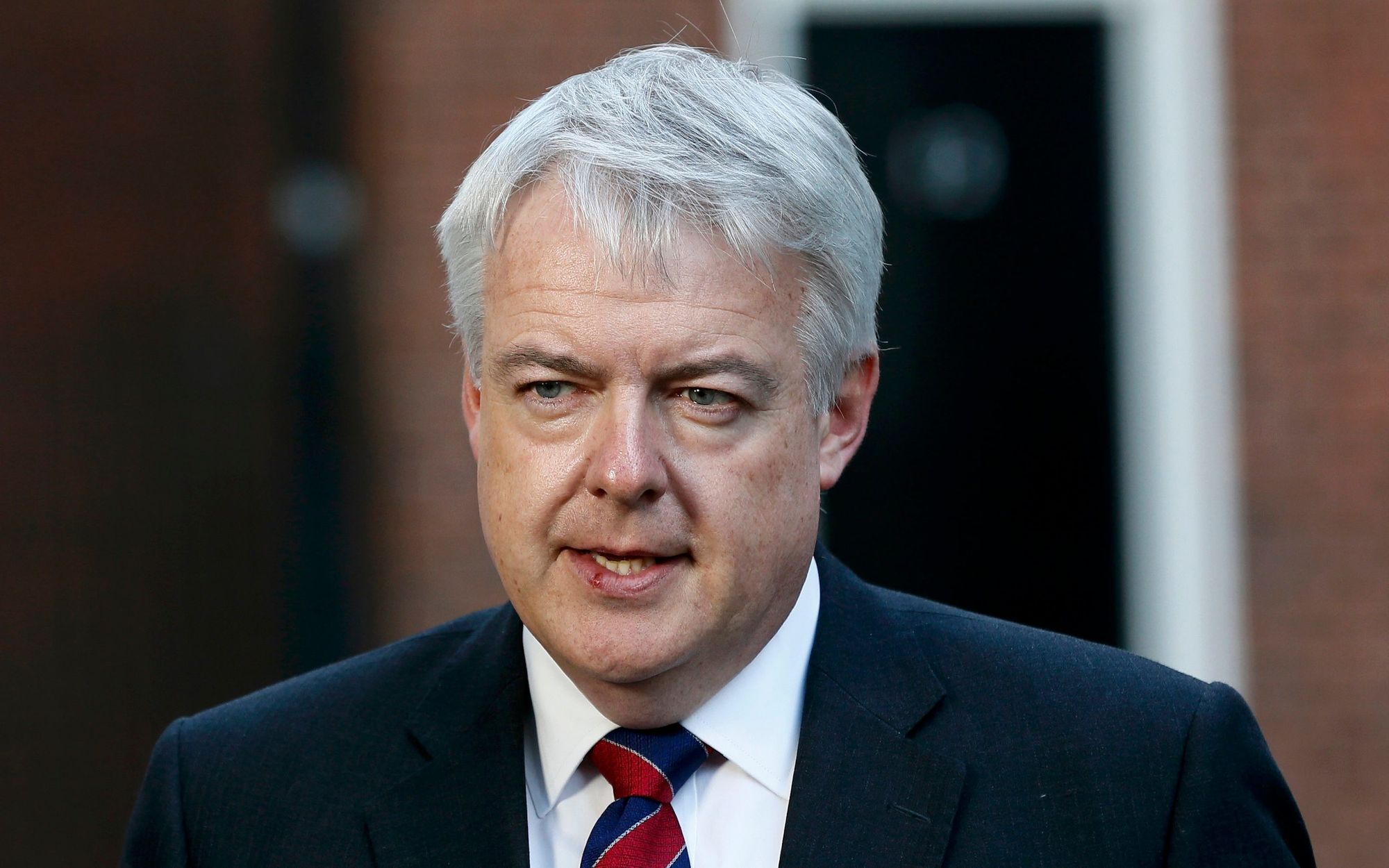Who are the Independent Socialists? An interview with Archism_
The leader of the new Independent Socialist Grouping talks to the Independent about his new party, the Democratic Reformist Front, and the monarchy.

It has been a very busy day for the Electoral Commission as two new parties have announced their formation. The first, the Change Party of Weebru_m, Zygark, pjr10th, and SamuelJBooker had a high-profile announcement earlier today. The second party launched is the Independent Socialist Grouping, a project launched by Archism_, a former Welsh AM and Deputy Leader of Plaid Cymru who quit the party earlier this week. The Independent talked to Archism_ to try and gain some insight into the new party.
Plaid Cymru voted to merge into the Democratic Reformist Front in December, as the DRF pursued a policy of absorbing major regionalist parties in an attempt to bolster their standing both in the devolved assemblies and nationally. The Irish Parliamentary Party, left ailing after the abrupt defection of leader Abrokenhero to the short-lived Sinn Fein revival party led them to merge into the DRF under acting leader AnswerMeNow1. Plaid Cymru, who struggled to make headway against the combined force of the Welsh Liberal Alliance, Welsh Conservatives, and Welsh Libertarians, merged into the Democratic Reformists under now-First Minister ViktorHR. Archism_, who led the Welsh Reformists, became the Deputy Leader of Plaid Cymru, and rapidly became one of the most recognisable faces in the Senedd.
The Democratic Reformists have drawn fire from all sides of the political spectrum for their unique broad-tent policy of allowing their members free rein over most policies not pertaining to the monarchy or the House of Lords. While leader ZanyDraco frequently touts the benefits of allowing members their own decisions over economic issues, this approach has come under pressure following the collapse of the coalition agreement between the Labour Party, the Democratic Reformists, and the People's Movement. The collapse clears the way for newly-elected Conservative leader Yukub to be invited to form a government.
The approach will only come under more pressure following Archism_'s comments to the Independent. When questioned about his decision to leave Plaid Cymru, he characterised his exit as one from the Democratic Reformists, not Plaid Cymru, saying "my decision was not to leave Plaid Cymru, it was to leave the Democratic Reformist Front".
LILY HAIL: First of all: you've been a titan of Welsh politics through your deputy leadership of Plaid Cymru. What compelled you to leave Plaid to start the Independent Socialists?
ARCHISM_: That's very kind of you to say, and I'm very glad to be with you today. To tell you the truth, my decision was not to leave Plaid Cymru, it was to leave the Democratic Reformist Front (which Plaid Cymru is a devolved branch of). While I still have positive feelings for my colleagues and friends in the DRF, it had become clear to me over the past few weeks that the DRF was not the place I wanted to be to argue for the economic ideals I hold.
In a concession to ZanyDraco, Archism_ does not lambast the broad-tent approach Mr Draco has adopted. However, his comments are still not a ringing endorsement of DRF policy.
LILY HAIL: The DRF frequently tout their broad-tent approach that, in their view, allows their members to advocate for whatever economic ideology that they feel best. Do you think that approach is sustainable?
ARCHISM_: I certainly think that their creation of a broad front has strengthened their capacity to push for the policies they truly care about, in terms of improving our democracy. If and when those goals were fulfilled, however, I could certainly see the DRF amicably parting ways.
Forming a new national party is a shift for Archism_, who has previously been focused primarily on the Senedd. He agreed that his new party would see him focus more nationally, but downplayed fears that he would disappear from Wales.
LILY HAIL: Do you see yourself remaining active in the Senedd, or will you use this as an opportunity to pivot more towards Westminster politics?
ARCHISM_: I certainly intend to express plain and clear my views on the legislation we discuss in Westminster, given it impacts us all. That said, my good friends in the Senedd shouldn't expect to see less of me. It's absolutely my intent to stay participatory and supportive at the devolved level.
After the concerns raised about what role the new Change Party would fill within Britain's political landscape, I asked Archism_ about what niche the Independent Socialist Group would fill on the political spectrum. Their manifesto, while generally to the left of the Labour Party, reads similarly at times to that of Labour or the People's Movement. Archism_ touted his party's leftist position, as well as their refusal to embrace the radical anarchist tendencies of the People's Movement – perhaps positioning themselves as a more responsible, grown-up version of a radical leftist party.
LILY HAIL: Any new party needs a niche to fill. How does your group differ from other parties on the left like Labour and the People's Movement?
ARCHISM_: That's a good question. I think we're set most apart in our direct advocacy of a Market Socialist economy, which might be considered to the left of the Labour status quo. To contrast with the People's Movement, while I certainly agree there is some ideological overlap, I don't intend for us to have any hangups about leadership or government, we're certainly not anarchists.
Something that struck me as slightly odd in their manifesto concerned their rationale behind abolishing the monarchy. Archism_ is no stranger to republicanism as a longtime member of the Democratic Reformist Front, but the characterisation of the monarchy as being a threat to democracy because of the use of Orders in Council was not something that, to my knowledge, had been raised before. Orders in Council, while technically laid on the authority of the monarch, are in practise only ever laid on the advice of Government ministers. I questioned Archism_ about this.
LILY HAIL: You specifically cite Orders in Council as a reason why the monarchy is a threat to British democracy, but Orders in Council are invariably exercised by Government ministers, not the monarch. How will that change under a British Republic?
ARCHISM_: You're right of course that they aren't used by the monarch directly, my criticism is that the institution of the monarchy which includes these Orders in Council provides an avenue for others to circumvent democracy. For example, they've been used to overturn court rulings and could in theory amend nearly any legislation but the Human Rights Act. If I determined the structure of a British Republic, any sort of directive coming from the head of state would certainly not have the capacity to override other branches of government.
The Orders in Council that would amend nearly any legislation that Archism_ refers to are those that the Government may lay under Section 2 of the Civil Contingencies Act 2004, which gives the Government emergency powers to amend nearly any primary legislation, which Parliament must later approve. The Act, which was passed under the government of Tony Blair and has been amended since then, has never been invoked by a government since its enactment. I asked Archism_ if he was opposed to this Act.
LILY HAIL: So would your party advocate for the repeal of the Civil Contingencies Act?
ARCHISM_: Well, I'd perhaps say amendment rather than repeal. The Civil Contingencies Act has some merit, particularly in part 1 which arranges for local preparations for civil defense etc, but absolutely I'd agree that we need to be rid of part 2.
It will be interesting to see whether or not any government could successfully convince both the public and their Parliamentary Party to repeal section 2 of the Civil Contingencies Act, and why a repeal would necessitate the abolition of the monarchy. While there are undeniably reasons to abolish the monarchy, and undeniably reasons to keep it, the Civil Contingencies Act is generally not considered one of them.
Finally, I asked Archism_ about the membership of his new grouping. While he is the only member at the moment, he is confident that more will join him. The most recently formed counterpart to his party, the People's Movement, saw sustainable growth after their formation that led the Electoral Commission to give them major party status at the end of last year. Regardless, Archism_ stated that his most pressing goal is establishing his policies in the public eye.
LILY HAIL: Finally, do you have any other members, and if not, how do you intend to attract people to your new grouping?
ARCHISM_: I do not. My doors are open to those who share the ideals I've espoused, but it's not my intent to put much focus on recruitment. I'd rather put my time into getting my policies out there in the public eye, and let those who agree decide for themselves.
While the new party may undergo some growing pains, if it manages to survive past its infancy, it will surely become a force to watch under a leader generally regarded as passionate and capable.
Lily Hail is the editor-in-chief of the Independent.

